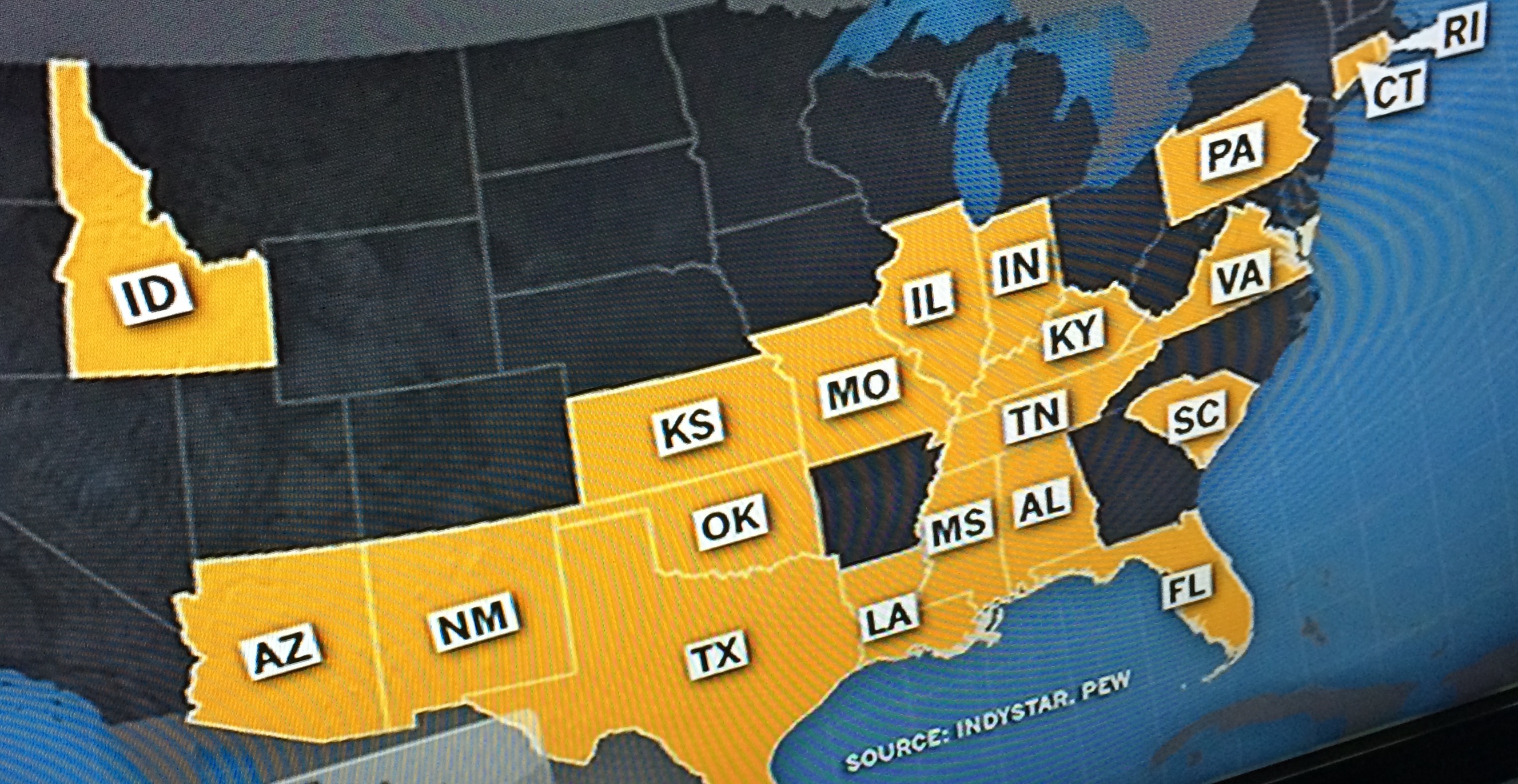Allegations of discriminatory anti-Filipino hiring practices at St.Luke’s Hospital in San Francisco have been festering at California Pacific Medical Center since last August.
We haven’t heard a lot from either the hospital or the nurses since then.
But now it appears CPMC has simply preferred a subtler approach.
Why not just try to persuade a key witness against them to change his story, maybe by even offering him a higher paying job?
That’s so Filipino!
Send over the CEO of the whole CPMC magilla to sweet talk the witness on Valentine’s Day no less. Nothing like some Bigfoot-sweet-talk to persuade and intimidate a lowly nurse overcome by a momentary sense of outspokenness, and professional self-esteem.
CPMC must think they’re in Manila.
But St.Luke’s nurse Ronald Villanueva, one of three key witnesses who have alleged discriminatory hiring at CPMC, says he’s not budging from his story.
That didn’t stop CPMC CEO, Dr. Warren Browner from stopping by Villanueva’s ICU work station after work this past February 14th.
The nurse recalled Dr. Browner’s plea.
“He asked if there was anything we can do to change my perception and if I was still interested in a management position,” said Villanueva.
Villanueva’s still not interested in a position, mainly because he remembers statements made by Diana Karner, the Chief Nursing Officer at St.Luke’s back in 2007. And she’d still be his superior.
On April 25, 2007, Villanueva was to be interviewed for an open nurse supervisor position. Prior to that, he overheard Karner and then nurse manager, Ron Rivera, in conversation.
Villanueva has no memory loss here. He said Karner told Rivera bluntly, “Do not hire foreign graduate nurses.”
Ultimately, Villanueva did get that job. But since then, there’s been little advancement at CPMC as a foreign nurse.
In 2008, despite high praise on his performance from CPMC officials, including nursing heads Karner and her associate, Heather Sebanc the associate VP of nursing, Villanueva’s career path has been stymied.
In December 2008, Sebanc administered a job evaluation that kept him from a 5 percent raise and a 3 percent bonus, and then strongly discouraged him from applying for an ICU manager position.
“Sebanc told me…I strongly advise you not to apply for the position,” Villanueva said.
The hostility Villanueva received once again called to mind Karner’s original comments, and he has since decided to no longer apply for manager positions at CPMC. He even requested to go back to ICU as staff nurse where he currently works.
All of Villanueva’s words are in a sworn affidavit declared to be true and correct under penalty of perjury under California law.
The nurses representatives and community members have asked CPMC officials to do the same, but they have declined.
CPMC spokesman Kevin McCormac confirmed that Dr. Browner did talk to Villanueva that day but said the meeting has been “misconstrued for other purposes.”
McCormac said Browner had heard Villanueva had received favorable employee performance marks and wanted to find out if Villanueva was interested in advancing at CPMC.
So has Villanueva’s good performance changed the perception by CPMC of Filipino and foreign nurses there?
“There is no perception about foreign nurses,” McCormac told me. “The perception is they have the skills, the perception and the background. We think they’re great.”
The California Nurses Union and the Filipino Community Center still aren’t sure about that, and have witness affidavits at the ready for potential legal action at CPMC. Ironically, one nursing official involved, Heather Sebanc, left CPMC last month. McCormac said it was unrelated to this issue.
In the meantime, the larger battle ground may just be CPMC’s proposed new hospital at the old Jack Tar Hotel site. A hearing is upcoming before the health and planning commission, McCormac said.
The discriminatory hiring issue may simply be used as a key leverage point to push CPMC to assure equal access to job opportunities and healthcare services at the new facility.

